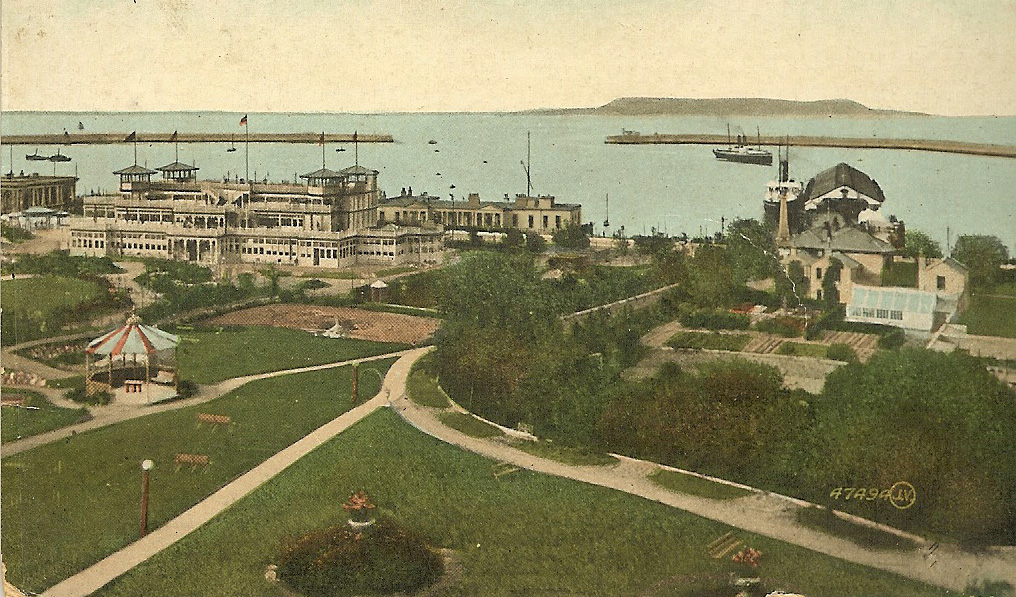Today we mainly associate 1915 with the Great War. Indeed, the war was a part of daily life in Dublin – it drove up prices for the general public and great hardship was faced by those who served and their families. Although many Dubliners spent November 1915 in mortal danger in the European theatre of war, there were always far more innocuous ways to die. Dubliner John Power sustained severe injuries to one of his legs in a lift at Sir Joseph Downes’ bakery, North Earl Street’ and later died as a direct result, as it appears in The Irish Independent. The paper gives us no more detail on this curious tragedy.
Much of the news from November 1915 relates to the war. On the 26th of that month the veteran’s club gave a “pleasant send off to Mr Fred Cleary” who was rejoining his old unit, the Royal Dublin Fusiliers. Cleary had been badly wounded in South Africa, possibly in the Boer War, and was on a pension since then. But, by late November he had “passed the doctor” once more. Christopher Kernan of the veteran’s club made a speech in which he praised the “splendid example Mr Cleary set the younger men who were hanging back”. He then presented him with “a handsome Kapp and Peterson Pipe”. Cleary was very surprised by the proceedings which finished with a rendition of “for he’s a jolly good fellow”.
Of course, just because there was a war on did not mean that people had no time for leisure, and if it could contribute to the war effort then all the better. On Thursday the 11th of November, a “grand variety entertainment” was held by the 3rd Battalion Royal Irish Rifles in the Pavilion Gardens, Kingstown. The proceeds of this were to support Irish prisoners of war held in Germany.
Although there is something of a rent crisis in modern Dublin, these problems are not limited to our lifetimes. On November 16th, 1915 a meeting of the “Town Tenants League” reported that a dispute on Dorset Street had been solved to the satisfaction of both landlord and tenant. This group also made submissions to senior politicians including Redmond and Carson, recommending “emergency legislation to prevent rent raising, evictions and excessive food prices during the war”. Apart from the reference to the war, this could easily pass for a modern news story.
Crime was also a problem back then, as it continues to be for the modern-day Dubliner. On November 17th, two men were charged with conspiracy to steal a ton of coal from Portobello Barracks, now Cathal Brugha barracks in Rathmines. The court heard that the two labourers had planned to load the coal onto a truck and drive it to a shed in the city where it was to be stored. Unfortunately for them, their plan was foiled by the barrack warden as the coal was being driven out the gate. One can only guess what the motive of the men was, the article that appeared in the Freeman’s Journal sheds no light on this.







